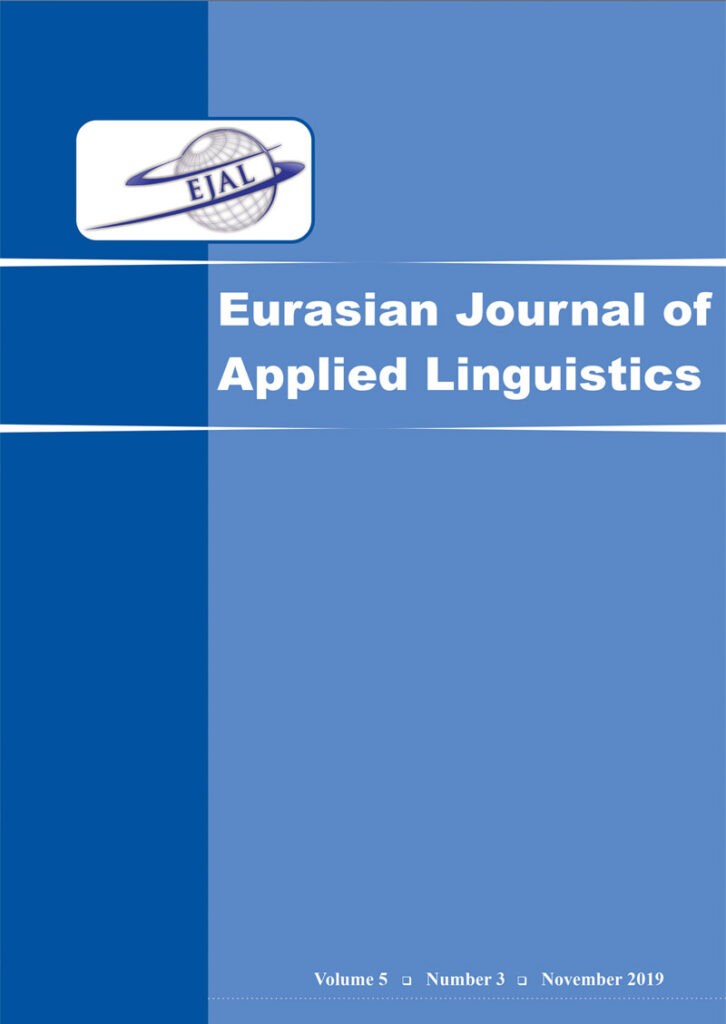Derin Atay
Bahçeşehir University
Bahçeşehir University
Keywords: Cognitive-interactionist approach, corrective feedback, explicit feedback, graduated feedback, sociocultural approach
Abstract
Although there is a disagreement among researchers on the effectiveness of corrective feedback (CF) in L2 writing (Ferris, 1999; Truscott, 1996; Truscott 1999), many studies proved that CF improves L2 learners’ accuracy in writing over time. Therefore, instead of investigating the effectiveness of CF, some researchers carried out studies to investigate the effectiveness of different methods, techniques, approaches of applying CF (e.g. Bitchener, Young & Cameron, 2005; Chandler, 2003; Tootkaboni & Khatib, 2014) in L2 writing. Similarly, this current study was conducted to investigate the effects of two different corrective feedback types on L2 written performances. The first corrective feedback type is explicit feedback (cognitive-interactionist approach) in which the feedback is given directly, the other corrective feedback type is graduated feedback (sociocultural approach) in which the feedback is given as an assistance. The study conducted in one of the private universities in Turkey, with 11 Turkish EFL students. The students in the Explicit Feedback Group (n=5), and the students in the Graduated Feedback Group (n=6) completed their opinion paragraphs and received feedback according to the group they were assigned. After two weeks, the same procedure was applied to find out if there were any changes over time. The results of the study showed that the students in the Graduated Feedback Group were more successful in terms of doing self-correction than the students in the Explicit Feedback Group.

